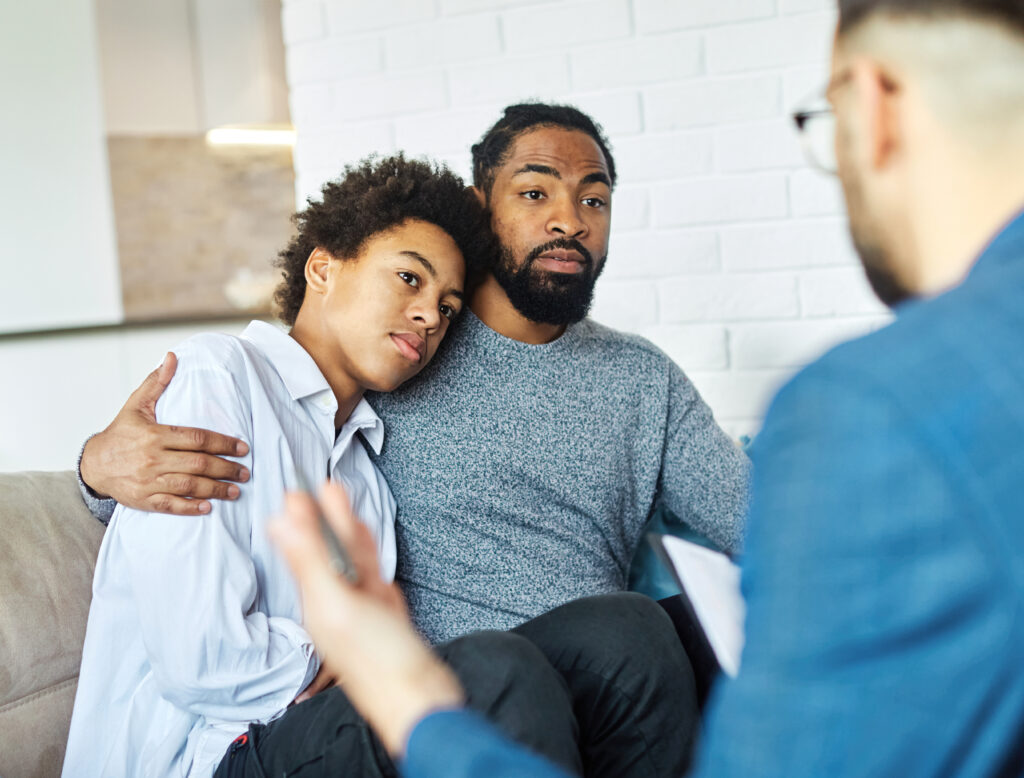Take the first step towards a healthier, addiction-free life with our personalized treatment plans and expert support.
Prescription drug abuse is becoming a serious issue in the United States, with millions of people affected every year. Among these drugs, codeine is highlighted out as one of the most commonly misused substances. It is an opioid pain reliever, often prescribed for mild to moderate pain or found in cough syrups. While it may seem harmless when used as directed, codeine can quickly become addictive when abused.
In fact, about 33 million Americans use codeine each year for non-medical purposes. It’s ability to create feelings of euphoria, relaxation, and sedation makes it highly addictive. Unfortunately, codeine addiction is not just a statistic. It’s a reality for many individuals and families struggling to cope with its impact. Codeine addiction isn’t just about physical dependence, it’s about the emotional toll it takes on individuals and their loved ones.
For those trying to stop, withdrawal can feel overwhelming. Symptoms like anxiety, nausea, muscle aches, and insomnia can make it hard to quit. This is why seeking professional codeine addiction treatment is so important. You don’t have to face it alone, and there are treatments available to make the process easier and safer.









We work with most major insurance carriers to help provide affordable, accessible treatment options to those who need it most. Our admissions coordinators can answer all of your questions. Call for a confidential assessment and insurance verification.




















The first step is detox, where the body clears itself of codeine. This can be tough, as withdrawal symptoms like nausea, vomiting, muscle pain, and anxiety may occur. Detox prepares the body for the next stage of recovery
Inpatient rehab provides a safe and supportive environment, away from everyday temptations and triggers. This involves 24/7 care, therapy sessions, and support groups.
Outpatient programs offer flexibility, making it possible to get treatment while managing daily responsibilities. These programs work well for people with milder addiction or those transitioning from inpatient care.
Recovery doesn’t end after treatment. Aftercare is important for staying sober long-term. This includes therapy, support groups, and regular check-ins with healthcare professionals.


At Relevance Recovery, we understand that each person’s journey is unique. We’re here to provide the personalized care you deserve. We’ve guided countless individuals through the process of overcoming addiction, and now we’re ready to help you, too. Our treatment plans are not one-size-fits-all; they’re specifically designed to fit your individual needs, goals, and circumstances.
With passion and respect, we offer a blend of short- and long-term solutions tailored to ensure that you not only overcome addiction but also build a sustainable, healthy future. Our expert team will be with to offer the support, tools, and strategies necessary for lasting recovery.
This is your journey, and we’re here to help you navigate it. Together, we’ll create the best codeine addiction treatment plan, giving you the strength and resources to improve your life and step into a brighter, healthier future.
Our expert admissions coordinators will create a custom plan for you.